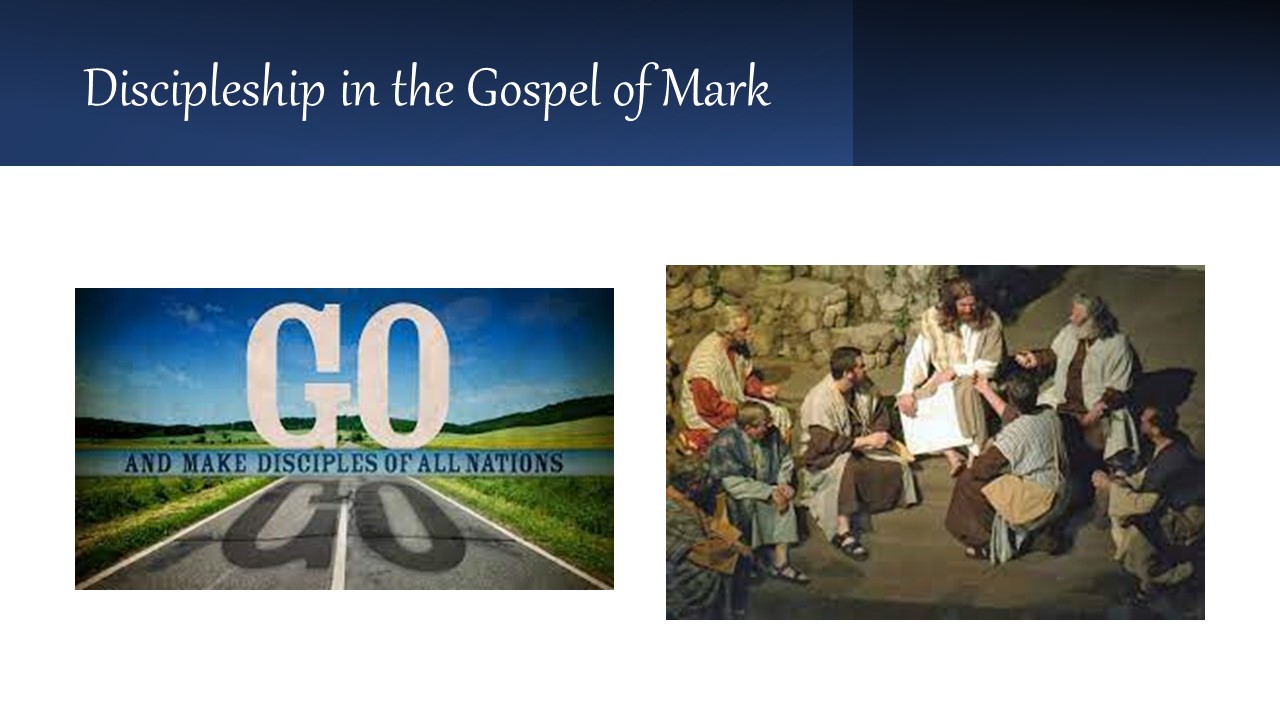The Book of Colossians, written by the Apostle Paul, provides profound insights into the divine nature and supremacy of Jesus Christ, emphasizing His integral role in the lives of believers. Through a conversation between Epaphras and Paul, we see how the Apostle is moved to address false teachings infiltrating the Colossian church that challenge Christ's supremacy. Epaphras describes the confusion and division caused by these teachings, which blend Greek philosophy, Jewish legalism, and secret knowledge claims that threaten to undermine the Gospel. Paul, concerned about the impact of these heresies, decides to write a letter to the Colossians to reinforce the foundational truths of Christianity and encourage the church to remain rooted in Christ.
One of the key themes in Colossians is the revelation of Jesus as the image of the invisible God, the creator and sustainer of all things, and the head of the church. Paul emphasizes that Jesus is not merely a reflection of God but the exact representation of His nature, holding authority over all creation. He highlights Jesus’ role as the reconciler, who through His sacrificial death on the cross, brought peace and unity to all creation. This portrayal of Christ as the fullness of God, the victorious conqueror over spiritual adversaries, and the source of wisdom and knowledge is crucial in countering the false teachings that downplay His divine nature and redemptive work.
Paul also stresses that Jesus is the standard for Christian living, urging believers to set their hearts on things above and live in alignment with their identity in Christ. He points out that Jesus unifies believers, transcending cultural, social, and ethnic distinctions, and encouraging harmony and mutual respect within the Christian community. The assurance of Christ’s indwelling presence as the hope of glory offers believers confidence and perseverance in their faith journey. The message of Colossians underscores the sufficiency and supremacy of Christ, reminding believers that they have everything they need in Him to live a life of purpose and fulfillment, free from the bondage of false ideologies.


We have come to the end of our mini series within our series: “Jesus in Every Book of the Bible.” We have lingered in...

As you think about your purpose in 2022, rather than focus on how you can build your own kingdom, think about how you can...